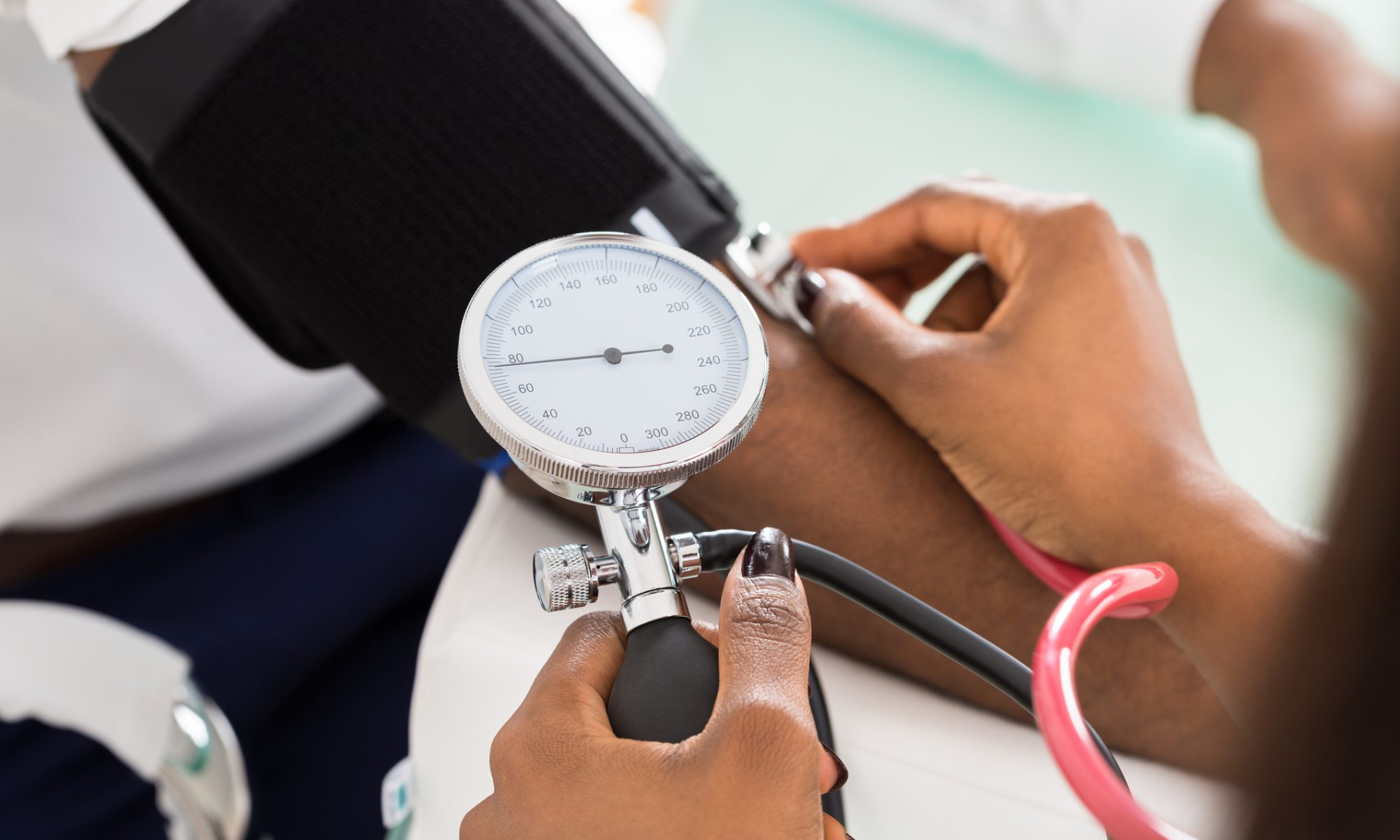In the United States, the average wait for Black patients who need an organ transplant is a year longer than for White patients — and that’s just one of many inequities. An expert lays out a roadmap for greater transplant justice. Read more from the Association of American Medical Colleges (AAMC).
Performance of Race-Free GFR Equations Among Kidney Transplant Recipients
Estimated glomerular filtration rate (eGFR) is the best marker of allograft function and is a predictor of allograft and patient survival among kidney transplant recipients. Measurement of true GFR is costly and time-consuming, while eGFR is a relatively inexpensive and efficient marker to track allograft function.
Read more in Nephrology Times.
Most heart transplant centers’ websites get failing grade when it comes to clear, accessible information
The majority of sites studied were written at a college junior’s reading level, and over a third had no resources for people who spoke a language other than English.
In a University of Michigan-led study, researchers found that most websites for heart transplant centers in the United States are difficult to understand, with more than 40% lacking information in languages other than English.
The majority of the 139 websites analyzed were at a college junior’s reading level, much higher than the average American’s 8th-grade reading level. Read the full story the University of Michigan’s Health Lab.
New AI System Assists in Detecting Heart Transplant Reactions
Developed by researchers at Brigham and Women’s Hospital, a new artificial intelligence system can help enhance heart transplant procedures by reducing the risk of immune system rejections.
To help improve heart transplants, investigators from Brigham and Women’s Hospital created an artificial intelligence (AI) system known as the Cardiac Rejection Assessment Neural Estimator (CRANE), which can help clinicians detect and manage adverse immune system reactions.
Although heart transplants can be lifesaving, there is a risk of the immune system rejecting and attacking the new organ that may go unnoticed by the patient, leading to severe medical problems.
Read more from Health IT Analytics.
Bias against older organ donors may be leading to smaller organ supply for transplants
Organ procurement organizations and transplant centers were about 5% less likely to choose organs from 70-year-old donors compared to those who were just a year younger.
American transplant centers as well as organ procurement organizations, the groups responsible for recovering organs from deceased donors in the United States, were less likely to accept or select organs from donors who were 70 years old when they died compared to those who were 69, new research found.
Read the full story from the University of Michigan Health Lab.
BP Control Beneficial for Liver Transplant Recipients
— Patients who kept their blood pressure under 140/90 mm Hg had better kidney function at 1 year
WASHINGTON — Controlling blood pressure (BP) in liver transplant recipients led to better renal function at 1 year, post hoc data from a randomized trial suggested.
Recipients taking medication to control their BP had an estimated glomerular filtration rate (eGFR) that was 12.2 mL/min higher at 1 year when they were able to keep their BP below 140/90 mm Hg after liver transplant, reported Elizabeth Cabrera, MD, of Northwestern Memorial Hospital in Chicago.
Read more in MedPage Today.
Cardiometabolic multimorbidities increase mortality risk in Black adults
Black adults in the United States with multiple cardiometabolic morbidities are at increased risk for both all-cause and CHD mortality, according to a study.
“Given the known higher rates of mortality from CHD, stroke and diabetes among Black populations compared with white populations, it is paramount to examine the association of a combination of these cardiometabolic conditions with mortality among Black populations,” Joshua J. Joseph, MD, MPH, FAHA, assistant professor of medicine in the division of endocrinology, diabetes and metabolism at The Ohio State University Wexner Medical Center, and colleagues wrote. Read the full story in Healio.
Formal screening identifies sleep disorders in children with cystic fibrosis
Sleep disorder screening in routine care identified issues among more than 25% of pediatric patients with cystic fibrosis, according to a poster presented at the North American Cystic Fibrosis Conference.
“Children with cystic fibrosis are four times as likely to have a [sleep disorder] SD and three times as likely to have a moderate to severe SD,” Zeni Scott, MD, pediatric pulmonary fellow at Duke University, and colleagues wrote. “SDs are associated with psychological and cognitive comorbidities such as anxiety, depression, and attention deficits. Additional risks include obesity, immune dysfunction, and cardiovascular disease.”
Read the full story in Healio.
Michigan professor gets creative in search for kidney transplant
Scott Schneider, 59, misses teaching in-person classes.
Connections with his students and seeing that “ah ha” moment they express when a science concept finally clicks are among the aspects he loves most about the job he’s had for 30 years at Lawrence Technological University in Southfield. Read the story from Michigan Live.
Study uncovers mechanism behind primary graft dysfunction
Northwestern Medicine scientists have discovered the pathways through which autoantibodies—immune proteins that mistakenly attack a person’s own body—leak out of blood vessels and cause primary graft dysfunction in some lung transplant recipients, according to findings published in the Journal of Clinical Investigation (JCI).
Primary graft dysfunction (PGD) is a potentially lethal injury to fragile transplanted lungs that occurs in the first days after a transplant operation and affects more than half of lung transplant recipients. The condition is the leading cause of early post-transplantation morbidity and mortality. Read more from Medical Xpress.









